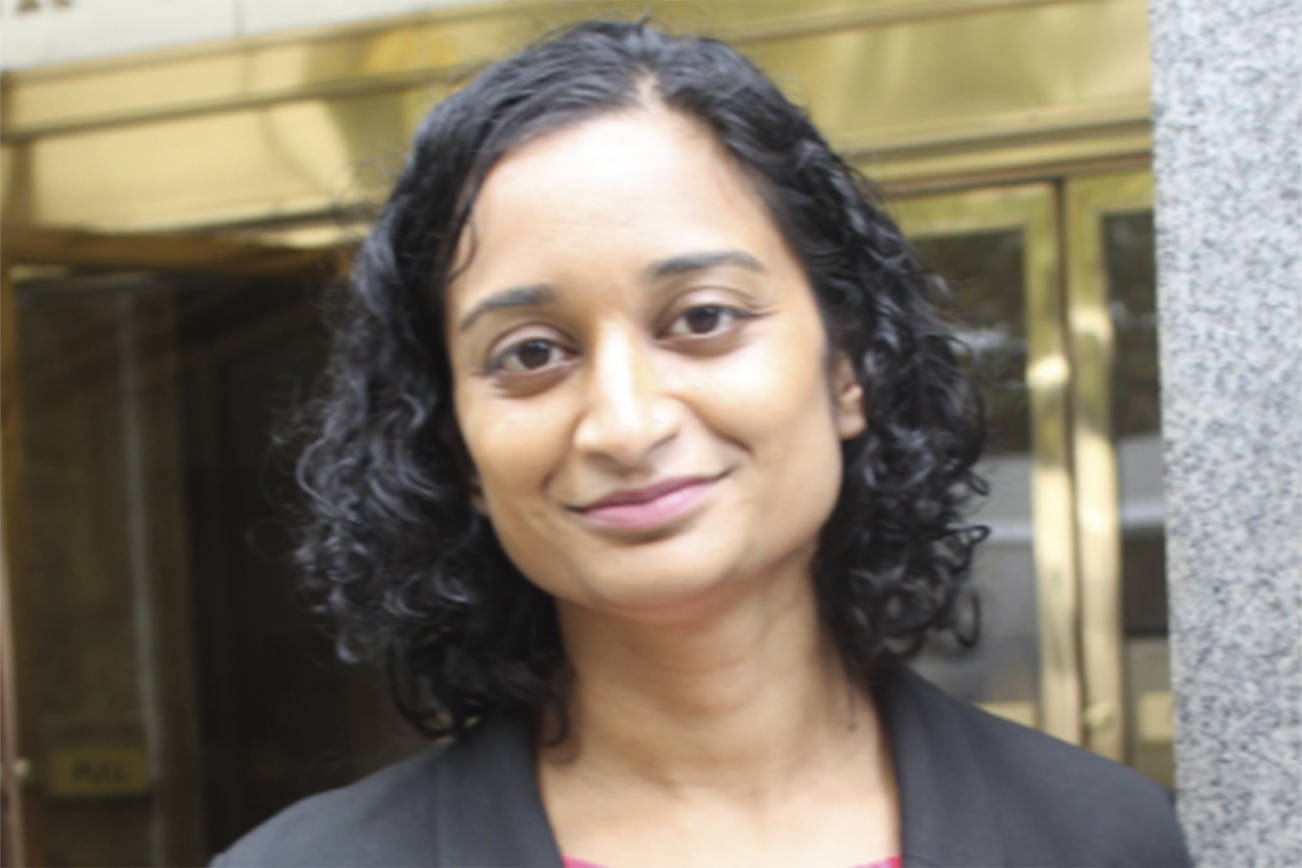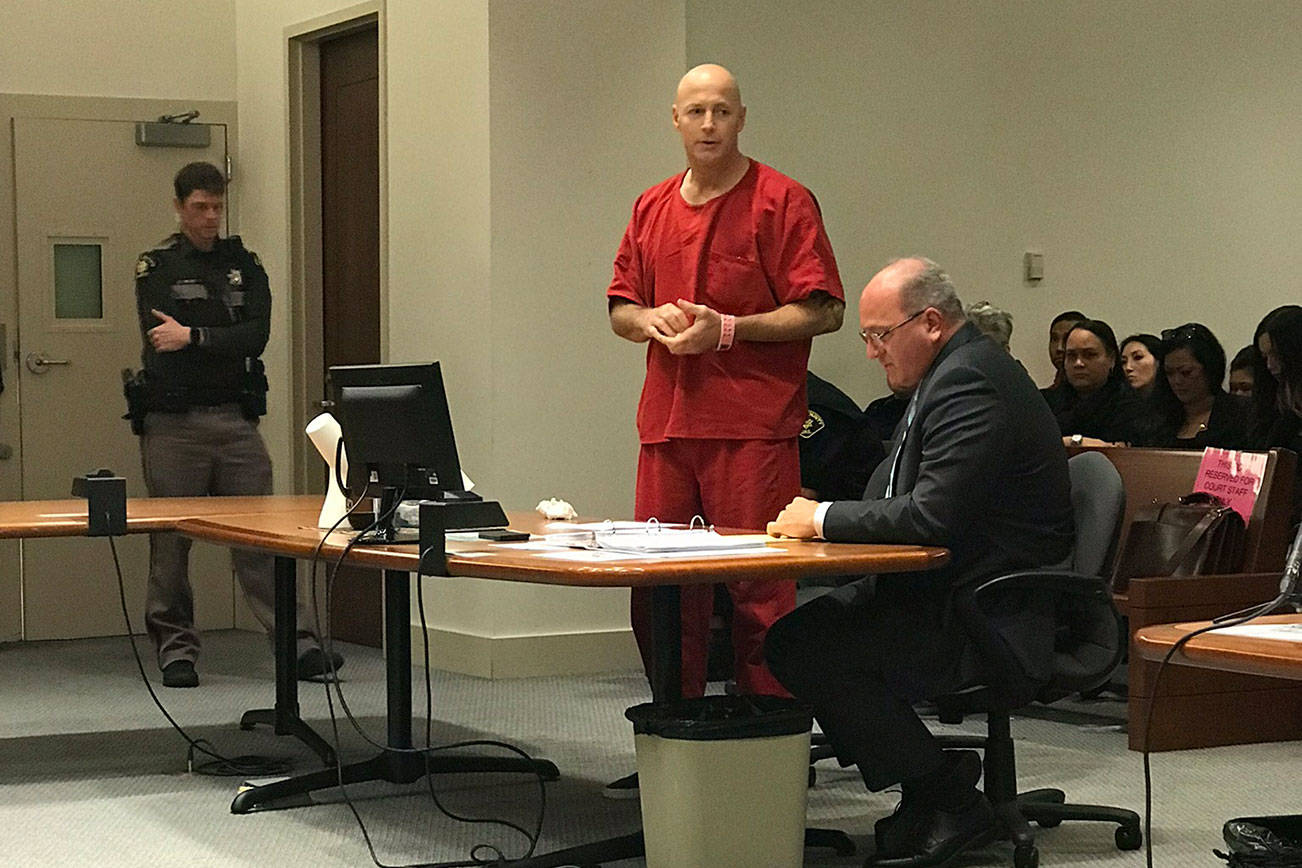The Seattle City Council voted unanimously today in favor of a resolution that endorses a city income tax on high-earning households and indicates that the council will draft and pass an ordinance by July 10th despite a likely legal challenge.
The resolution, which was drafted and introduced by councilmember Lisa Herbold after months of lobbying from the Trump Proof Seattle coalition and a recent endorsement from Mayor Ed Murray, states that the council will begin discussions on a progressive income tax ordinance—in collaboration with the mayor’s office, the city attorney, and advocates—on May 31st with the intent on passing the legislation by July 10th.
With members of the public sporting “tax the rich” signs and others supporting an income tax, the council—minus Councilmember Debora Juarez, who was absent due to a family emergency—showed a unified front of support for the resolution and the prospect of challenging the longstanding conventional wisdom in Washington that income taxes are illegal under both statuary law and the state constitution.
Members of the public testified in favor of the resolution. A local computer engineer, Ned Friend, said he would likely qualify for an income tax and that he “would be honored to pay it.” “We the wealthy want a wealth tax,” he added to cheers from the audience.
“Birmingham, where I’m from, has a city income tax. Alabama is more progressive in this way than Washington,” said Daniel Goodman, a Capitol Hill resident and member of the Neighborhood Action Coalition. “This is not a radical proposal. If we try really hard we can catch up to Alabama.”
Since President Donald Trump’s inauguration, the Trump Proof Seattle coalition (lead by the Transit Riders Union and the progressive think-tank the Economic Opportunity Institute) have pushed for a city-level income tax to offset potential federal funding cuts and lighten the tax load on low-income earners (who bear a disproportionate burden of local and state tax revenue due to Washington’s heavy reliance on sales and property taxes). The coalition claims that a 1.5 percent tax on household incomes over $250,000 would generate more than $125 million annually.
While the resolution doesn’t specify what the final ordinance will look like exactly (nuts and bolts like the final tax rate and what minimum household income will be taxed are yet to be answered), it makes clear that the council anticipates a legal challenge, by stating that “legal viability” will be a “primary consideration.” Additionally, the resolution vaguely identifies the council’s intent to use the final income tax ordinance and the likely legal challenge to chart a path to legalize the income tax in Washington state, stating that a guiding principle of the legislation is “to provide progressive revenue tools for municipalities throughout Washington State.”
Councilmembers echoed this intent on Monday before the vote. “We really want the [legally] strongest possible proposal,” said Herbold, adding that the council may hire private sector legal services to assist in drafting the resolution. “We are going to make this thing a strong as possible to gear up for any legal challenge in front of us,” said Council President Bruce Harrell.
At-large Councilmember Lorena Gonzalez discussed her former work as a civil rights attorney as inspiration for challenging the status quo if Washington’s tax system. “We didn’t just accept the legal precedence as offered by the defense; we went court and challenged legal opinions,” she said. “I believe [this resolution] presents a pragmatic and solution oriented path for Seattle residents, policymakers, and advocates to come together to strategically call to question the regressive nature of our tax system and the devastating impact that our system has had on local jurisdictions and our constituents.”
Longtime Councilmember Tim Burgess (the other at-large, citywide councilmember) who has historically not been eager to take an activist stance on issues in his capacity as a councilmember, was also enthusiastic about the prospect of a city income tax: “If we switched to a universal personal income tax, we could eliminate the B&O tax; we could eliminate the sales tax; and eliminate [most] property taxes,” he said. “It’s the just and right thing to do.”
Socialist Councilmember Kshama Sawant, who has long advocated for a city income tax to fund public services, framed the legislative initiative in explicit class-based terms: “We are talking about taxing the rich who are not paying their fair share,” she said.
Sawant also emphasized that the resolution does not set in stone the eventual passage of an ordinance, citing a council resolution from 2013 that supported a developer linkage fee to fund affordable housing, a proposal which was later shelved in favor of the recommendations from Mayor Ed Murray’s housing affordability committee. She urged advocates to continue to apply pressure to the council ensure the adoption of the final ordinance.
The council’s legislative initiative is bound to draw a legal challenge. Regional conservative think tanks like the Washington Policy Center and the Freedom Foundation were adamantly opposed to an Olympia ballot measure to impose a city income tax that was voted down by voters last year. Opposition would almost certainly cite the 1933 Supreme Court ruling that shot down a state income tax, as well as the statute that explicitly prohibits cities and counties from taxing net income.
But local income tax advocates and the council are itching for a legal battle. “By passing this resolution and developing and passing the ordinance … the city will trigger a legal challenge that will go all the way up to the state Supreme Court,” said John Burbank, Executive Director at the Economic Opportunity Institute, during public comment. “Seattle can take the lead in dismantling the discriminatory tax system that weighs heavily on low income and working class residents and particularly people of color while allowing the affluent to skip out on contributions to public services. It is time.”
jkelety@seattleweekly.com







